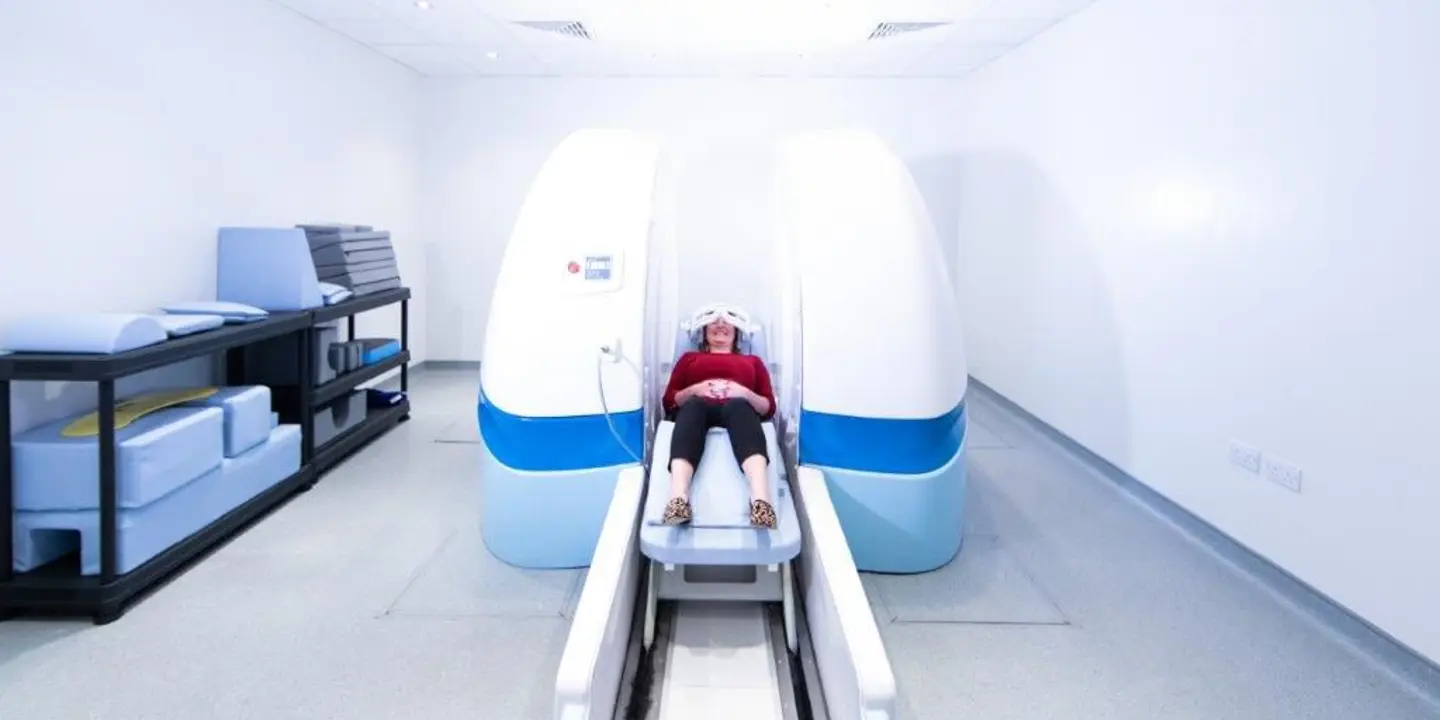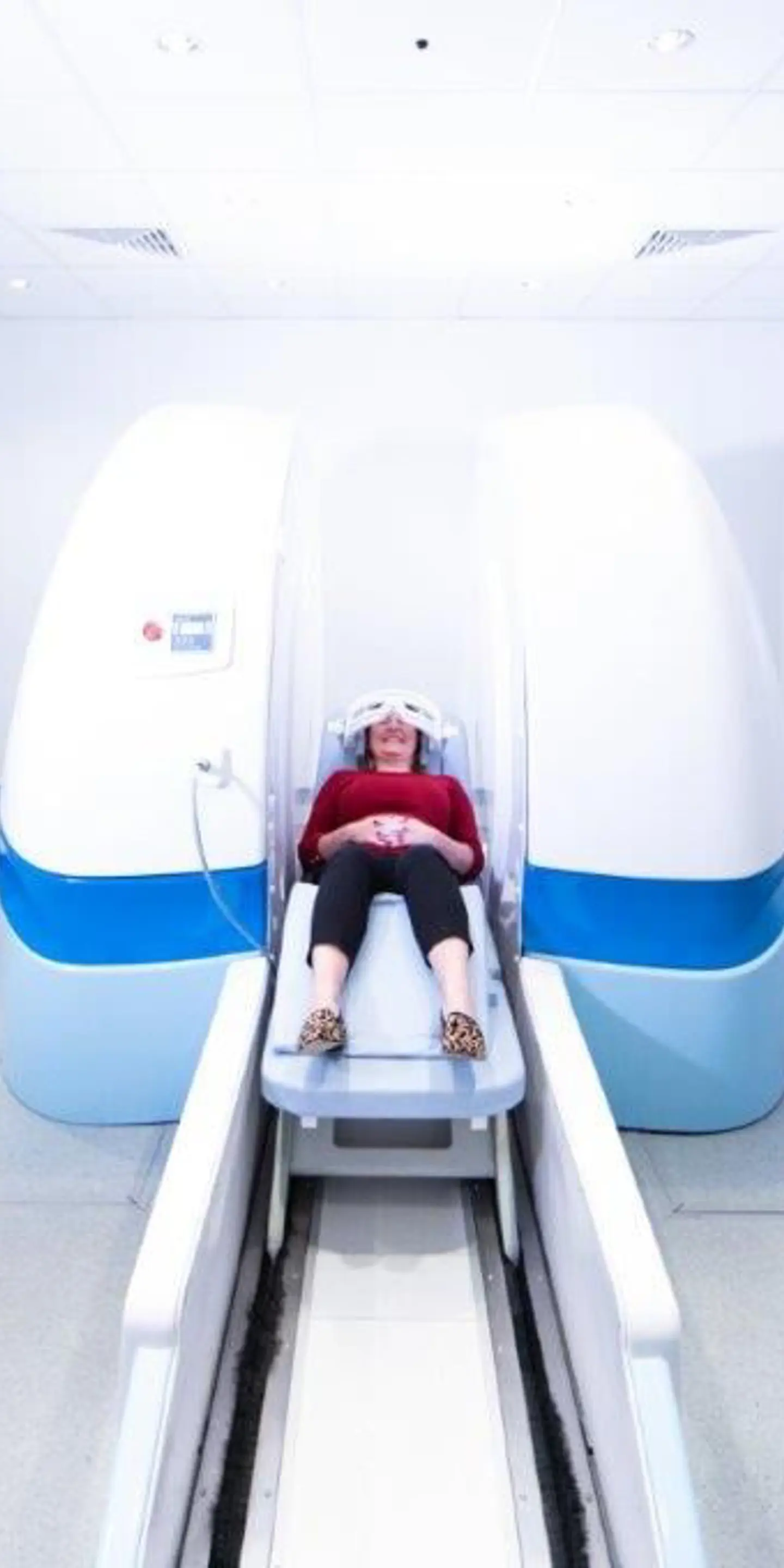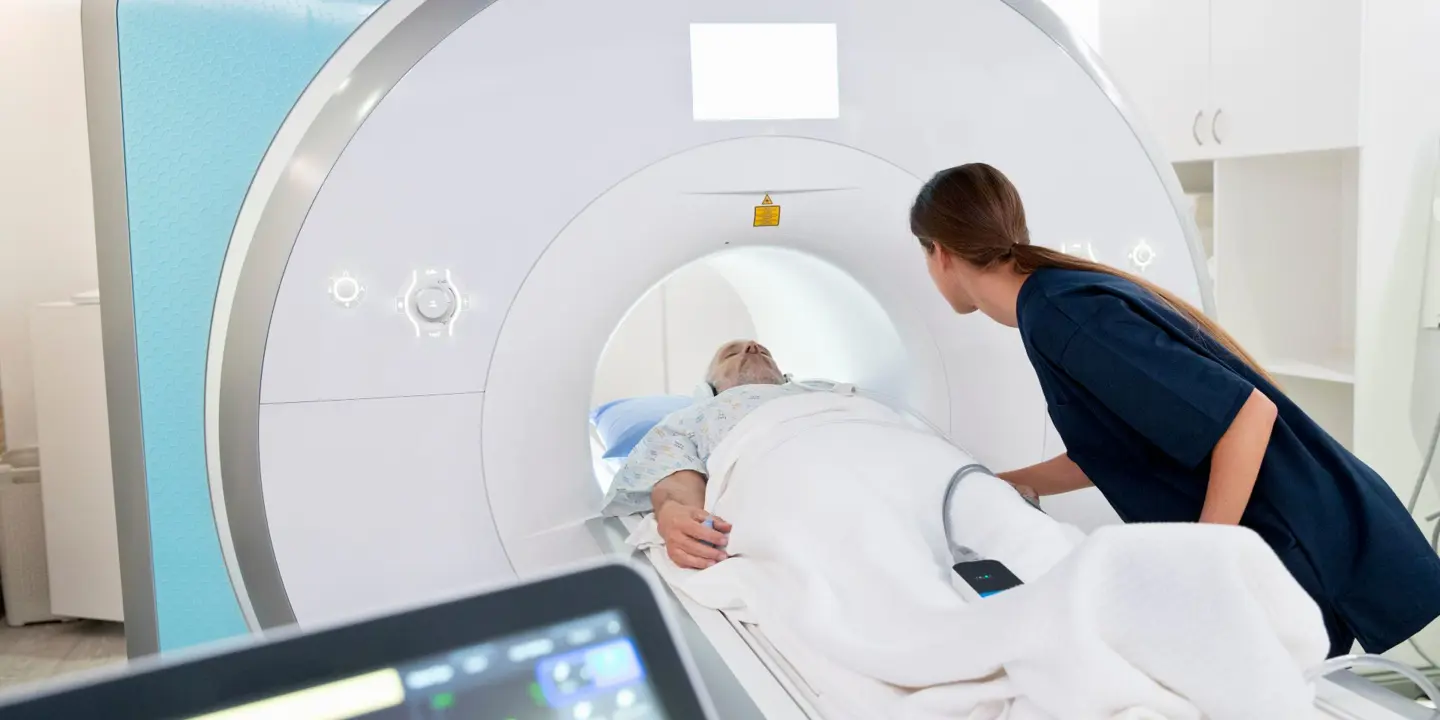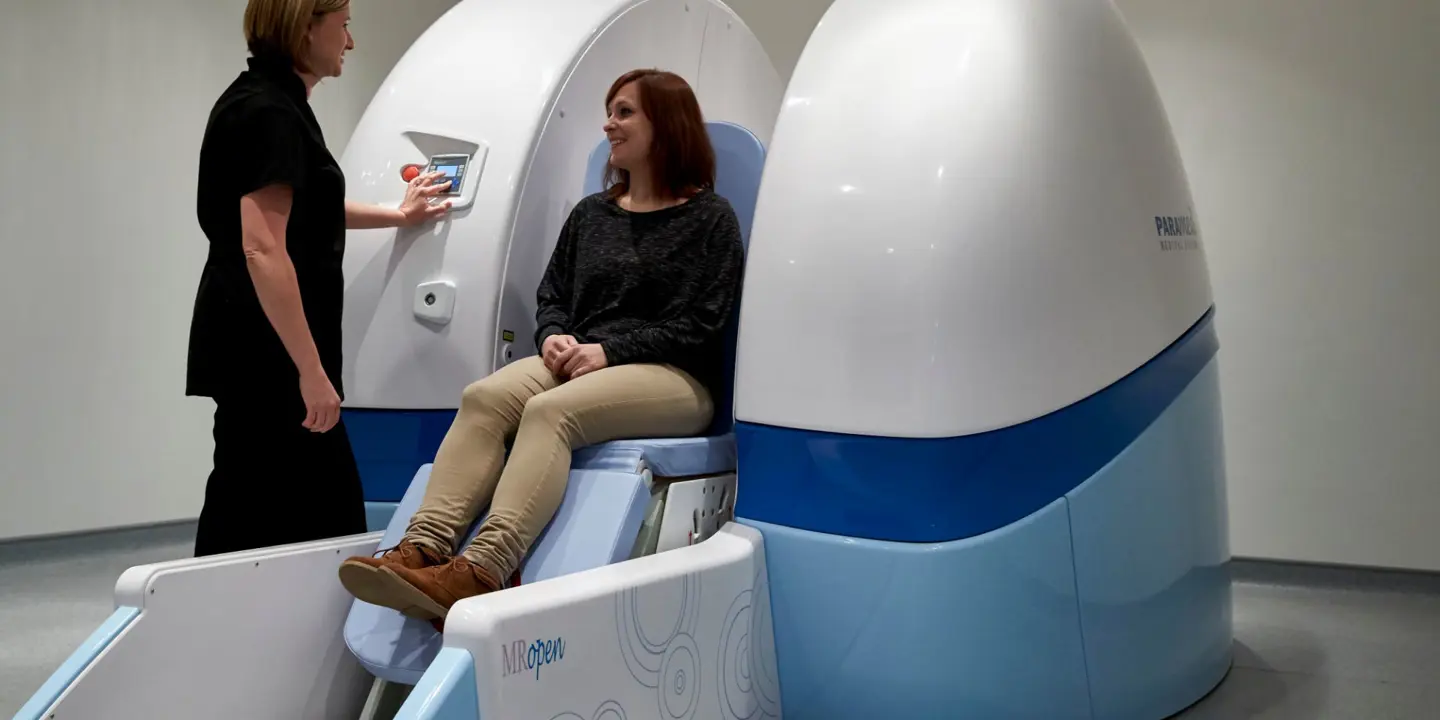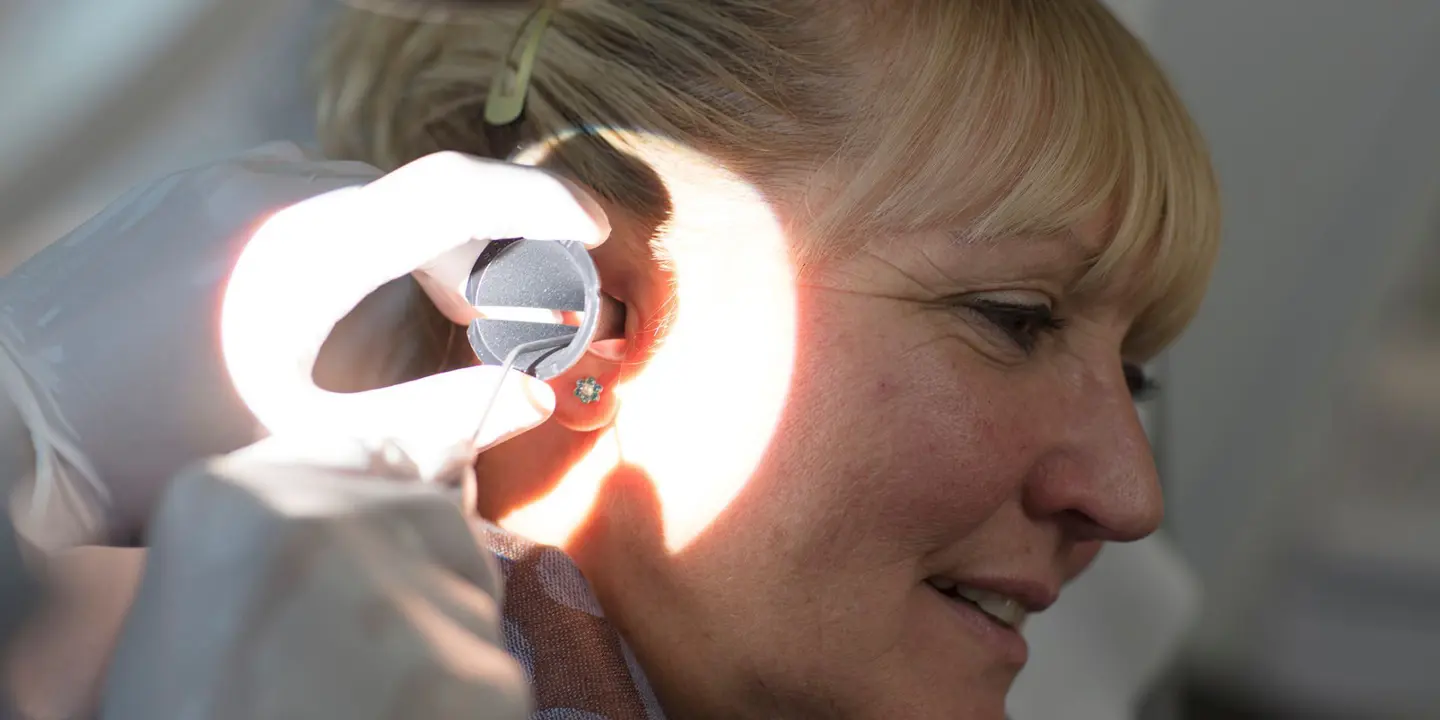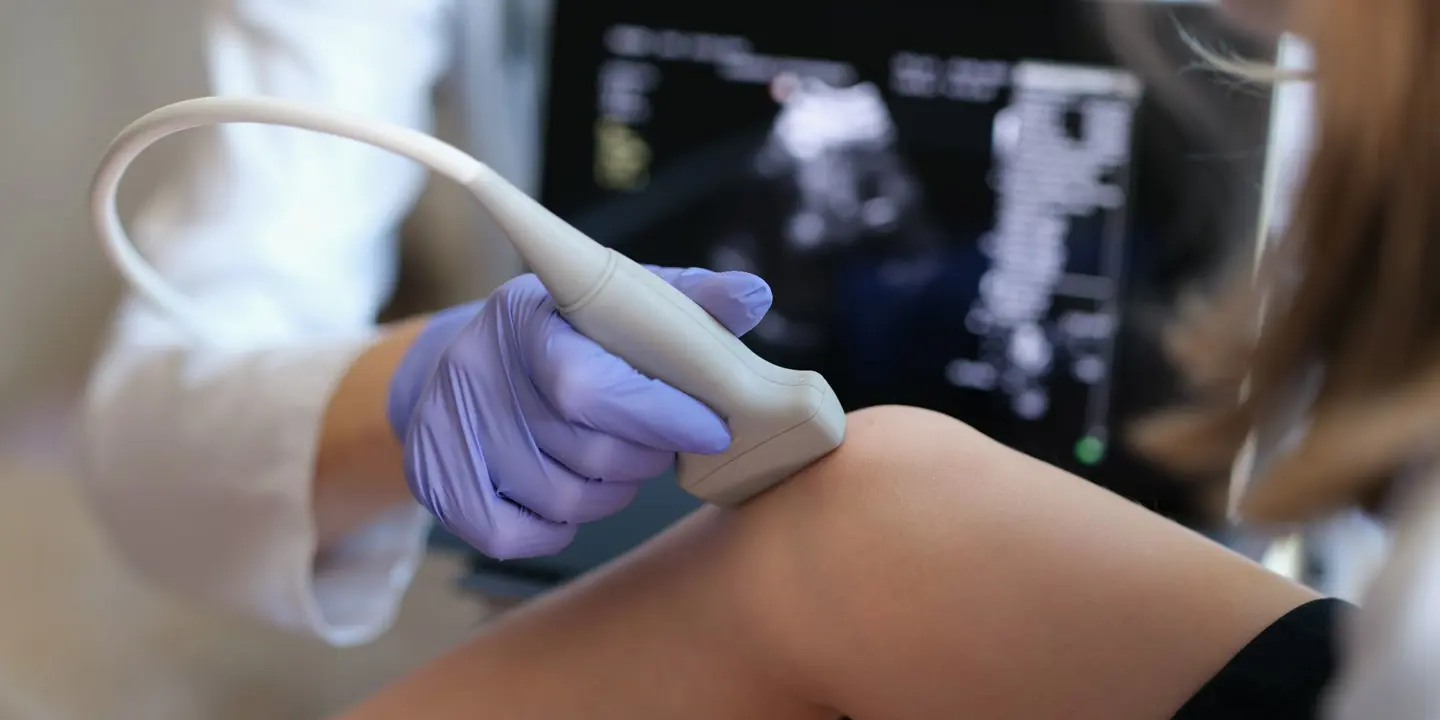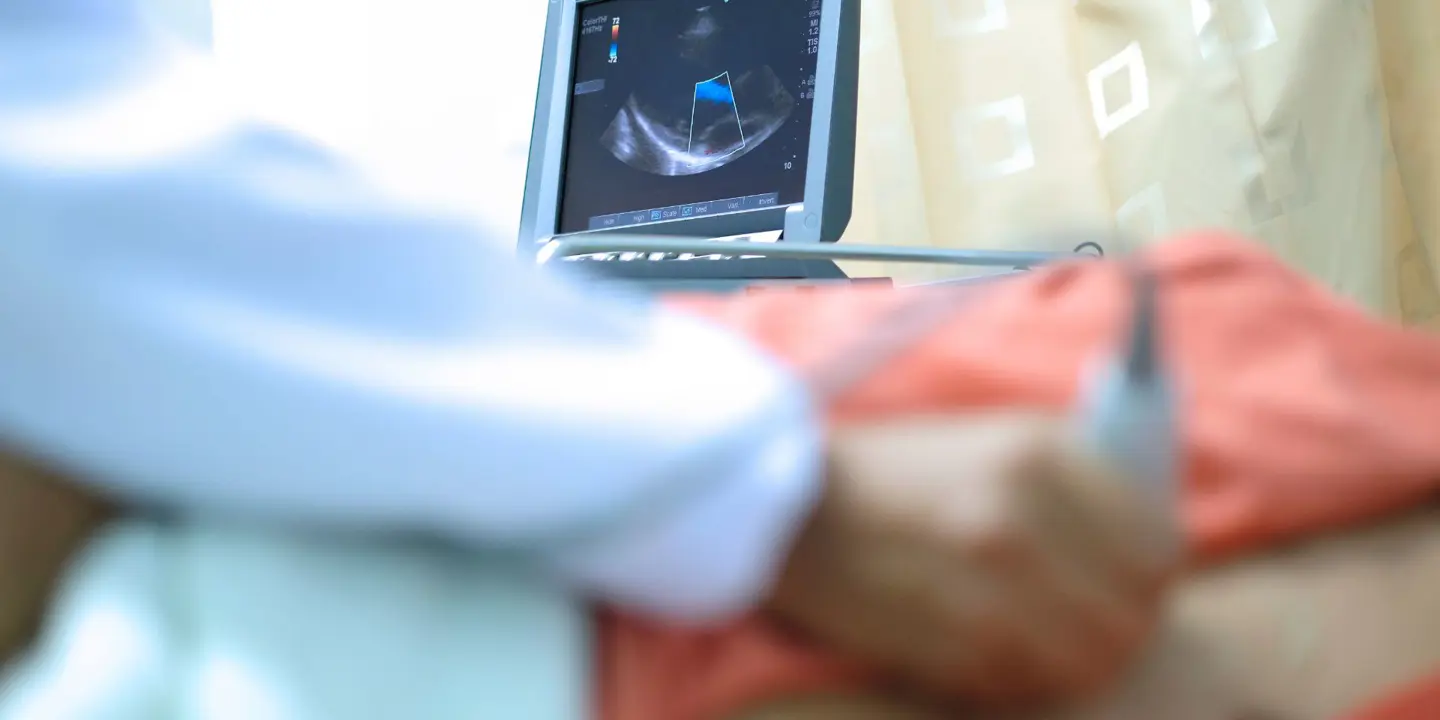Claustrophobia can be a debilitating condition that severely limits a person's life. The NHS estimates that 10% of the UK population suffer from claustrophobia. Open and Upright MRIs offer a solution for them should they need to undergo an MRI. These type of MRI machines have an open design that helps to ease patients' fears and anxiety.
In this article, Vista Health walks you through the advantages and disadvantages of Open and Upright MRI scans as well as what you can expect should you need one.
What Is an Open MRI?
MRI machines have made a large impact on our ability to diagnose certain diseases and study internal organs. MRI scans are often used in combination with other tests that help doctors accurately determine what condition someone is suffering from, such as dementia or cancerous brain tumor, for example.
However, the closed, tunnel-like design of traditional MRI machines can make patients with claustrophobia uncomfortable and trigger their fearfulness in enclosed spaces. This may cause them to refuse getting scans altogether or have unnecessary procedures done just to avoid it.
Open MRIs are the perfect solution for their needs.
They are open on all four sides. They still use magnets to take images of the inside of one’s body, but instead of an enclosed capsule, the open MRI uses a magnet top and bottom. Just like with closed MRIs, scanning can be done with or without contrast dyes.
Advantages of Open and Upright MRI Scans
Open and upright MRIs are quickly becoming the new standard in magnetic resonance imaging. Here are just a few of the advantages of open MRIs over traditional, closed MRIs.
1. They’re convenient and comfortable
Apart from claustrophobic patients, open and upright MRIs are also better for a range of patients. It’s open shape can accommodate larger-sized patients and is ideal for small children, who may be scared by the confined space of a traditional machine. For older or orthopedic patients, open and upright MRIs offer the advantage of being able to scan without having to lie down on a hard table.
2. They’re less noisy than traditional machines
Traditional MRI machines produce a thumping or pounding sound that patients who are sensitive to noise find disconcerting. While most diagnostic centres would do their utmost best to ensure the noise is lessened, it can still be uncomfortable and anxiety-inducing for some patients. Open and upright MRI scans offer a less noisy alternative.
3. They can scan certain body parts easier
The closed MRI machine makes it difficult for doctors to focus on specific areas of concern. An open MRI machine can be tilted at different angles, allowing the technician to scan certain body parts. This is especially helpful in scanning patients suffering from spinal injuries or backpain.
Disadvantages of Open and Upright MRIs
While open and upright MRI machines offer certain benefits, they do still have their limitations.
1. Might result in lower quality images
Open and Upright MRI’s magnets are not as strong as those found in closed MRI scanners. Unfortunately, this might result in lower quality images. The low-field magnets used in open MRI systems have a harder time telling fat and water apart, which means that these scans produce lower resolution images when there are smaller body parts involved.
2. Scanning might take longer
The closed MRI system uses higher powered magnets on all sides which produces faster scanning because it surrounds you with a magnetic field. This means the technologist can spend less time in one area, giving him/her an opportunity for full images that contains more data than just what's seen from above or below.
What to Expect When You Come in For An Open or Upright MRI Scan
Procedure times may vary depending on which body part needs to be scanned, but generally they can take anywhere from 20 minutes to an hour. In the case of Open MRI scans, as with closed MRIs, patients are advised to wear comfortable, non-restrictive clothing as you will be lying still for the duration of the procedure. Your technician might also require you to change into a gown as necessary.
Depending on the procedure ordered by your doctor, a technician might also administer contrast dye to help with the accuracy of the scan and, ultimately, your diagnosis.
Trusted Private MRI Scan Providers in the UK
Vista Health is a leading provider of open and closed MRI scans in the UK. Your comfort is our utmost priority so we offer open and upright MRI scans and private MRI scans that allow you to skip long wait times.
Schedule an appointment here.

